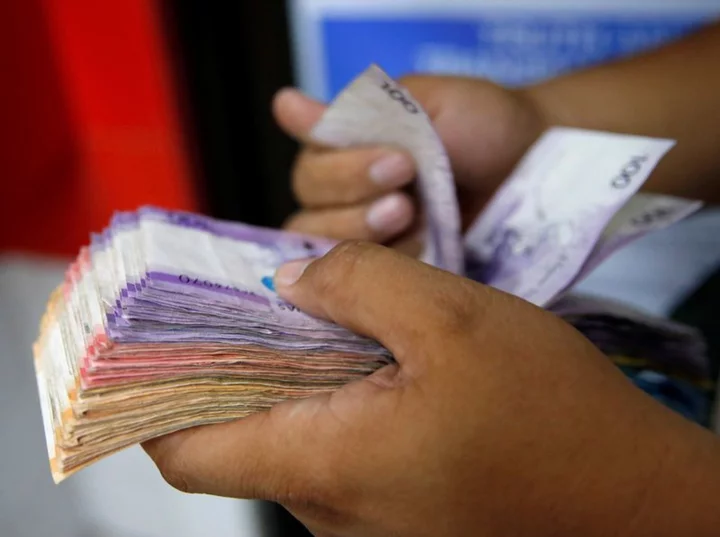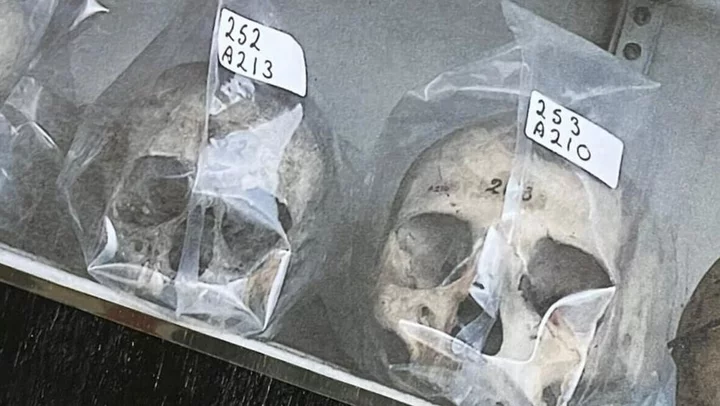A husband and wife, whose eccentricities and alleged crimes earned them the nickname "Bitcoin Bonnie and Clyde," pleaded guilty to orchestrating a $4.5 billion money-laundering scheme linked to the 2016 hack of crypto exchange Bitfinex.
The couple, Russian-born tech entreprener Ilya Lichtenstein and Heather Morgan, an aspiring rapper who goes by the alias "Razzlekhan," were arrested in 2022 in what the Justice Department called its "largest financial seizure ever."
On Thursday, as part of a cooperation deal with prosecutors, Lichtenstein and Morgan both pleaded guilty to charges of money laundering conspiracy. The presiding judge, Colleen Kollar-Kotelly accepted their pleas.
Authorities have not accused Lichtenstein and Morgan, who are both in their 30s, of involvement in the actual hacking of Bitfinex. But as a result of that theft, nearly 120,000 bitcoin tokens ended up in digital wallet controlled by Lichtenstein, prosecutors say.
As the value of bitcoin exploded over several years, IRS investigators eventually traced the funds to the couple. Prosecutors say Lichtenstein and Morgan carried out a series of transactions under pseudonyms to try to obscure the origin of those funds.
Since their arrest, the details of their lives have become something of a New York media sensation. The couple were known to walk their Bengal cat, Clarissa, on a leash in Manhattan.
Morgan, who raps about being "the crocodile of Wall Street" as her online music persona, has a Twitter bio that reads: "I make the weird kids feel at home," and describes herself as a "tech entrepreneur, surrealist artist, rapper, prolific writer, & fashion designer with synesthesia."
Lichtenstein, who emigrated from Russia, will remain in jail while awaiting sentencing. Morgan will remain under house arrest.
Lichtenstein entered into a cooperation agreement with the government, agreeing to testify and meet with law enforcement when requested, outside the presence of his attorney.
He faces up to 12-and-a-half years in prison and up to a $350,000 fine, according to current federal guidelines. If government prosecutors find that his cooperation has been sufficiently helpful, however, they can ask the judge for a sentence below those guidelines.









